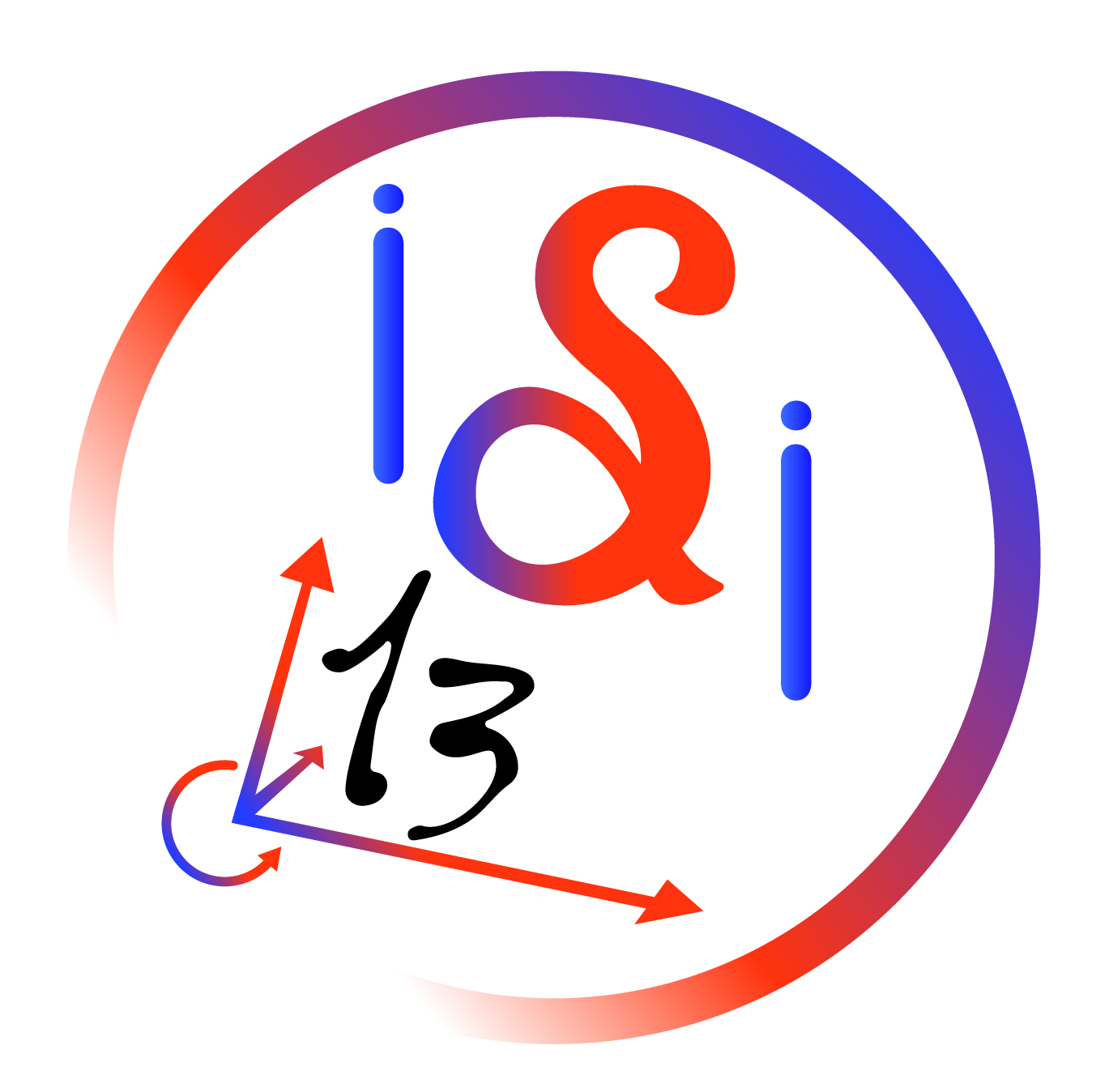Speaker
Description
Bell's theorem shows that no hidden-variable model can explain the measurement statistics of a quantum system shared between two parties, thus ruling out a classical (local) understanding of nature. In this work we demonstrate that by relaxing the positivity restriction in the hidden-variable probability distribution it is possible to derive quasiprobabilistic Bell inequalities whose sharp upper bound is written in terms of a negativity witness of said distribution. This provides an analytic solution for the amount of negativity necessary to violate the CHSH inequality by an arbitrary amount, therefore revealing the amount of negativity required to emulate the quantum statistics in a Bell test.

